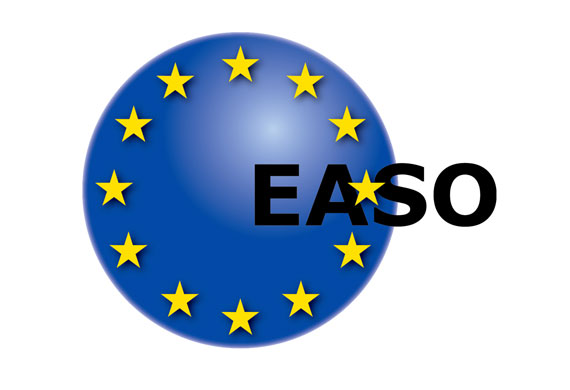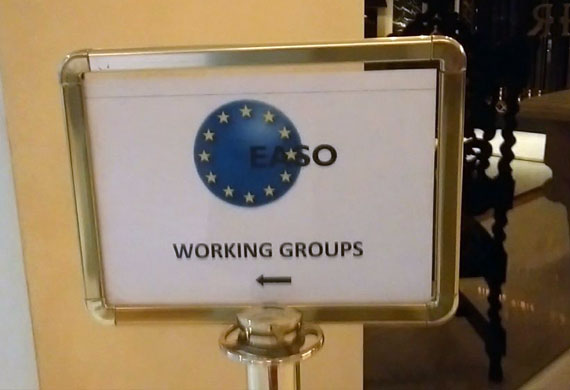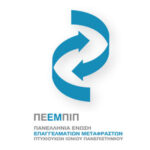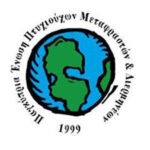BRIEF PRESENTATION
EASO is a European Union body which was established to foster practical cooperation between states on asylum issues. It plays a decisive role in implementing the Common European Asylum System and serves as a centre of expertise supporting Member States whose asylum and reception systems are under increased pressure.
As part of its action to address the refugee crisis in Greece, in October 2016 it organised a series of seminars for Greek judges who were examining asylum applications. Interpreters in the Greek <-> English combination, drawn from the local market in Athens, were used to hold the seminars. Seprotec was responsible for general coordination of interpreting services for EASO.









